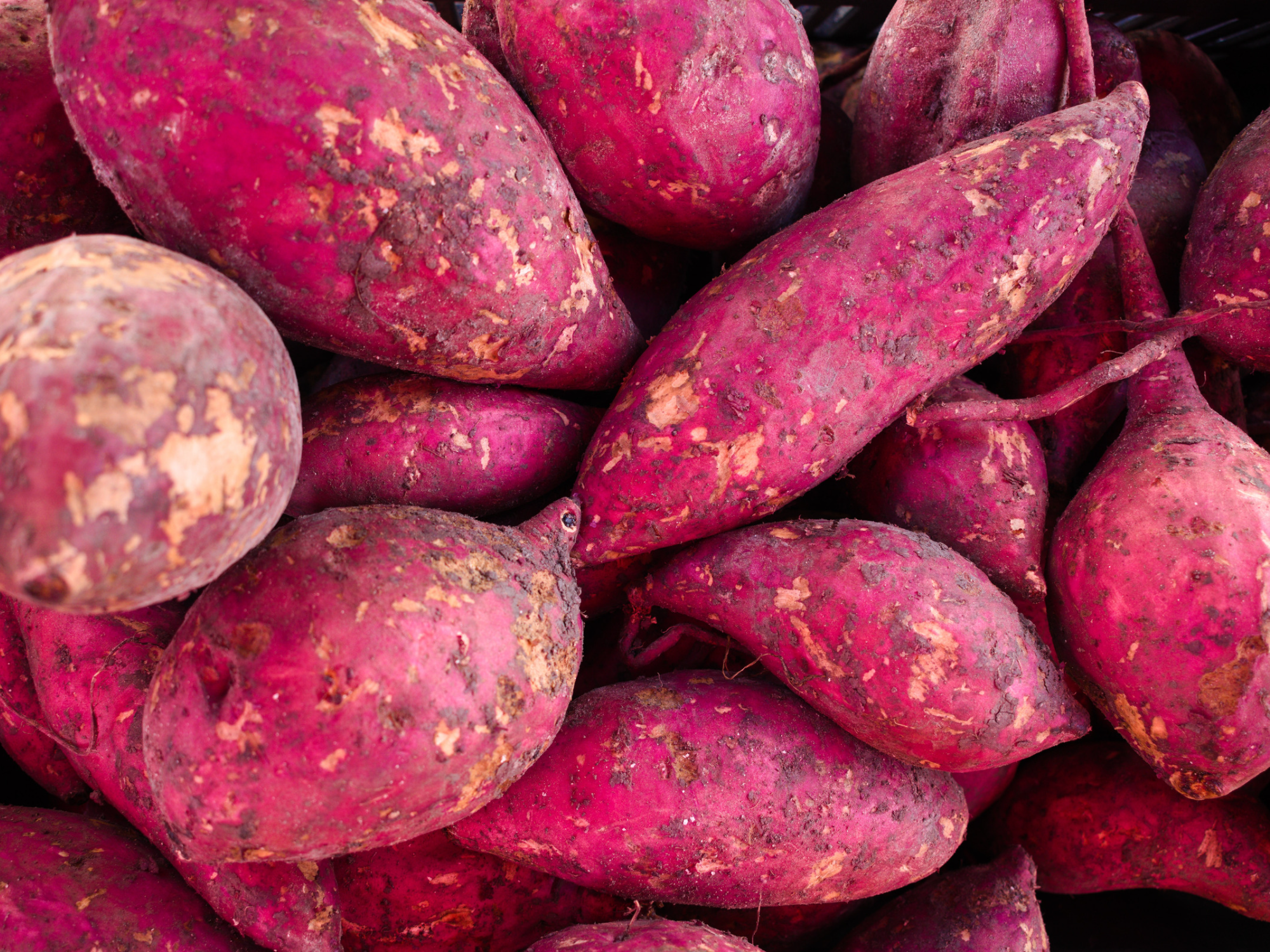
Not All Carbs Are Bad For You
Not all carbs are bad for your body, some are actually good for you.
When you hear the word carbs, what comes to mind? Bagels, doughnuts, cereal, bread, maybe potatoes in all their delicious varieties. Or perhaps your mind goes straight to the word “bad” and all the guilt we’re supposed to feel when we so much as think about eating carbs. As if carbs are the enemy to a healthy diet and should be avoided at all costs. Not so fast!
The truth is, not all carbohydrates are bad for your body and in fact there are a lot of carb sources that have tremendous health benefits. Cutting out carbs cold turkey isn’t the key to great health. It’s far more likely a recipe for an unhappy body unless you have a medical condition that requires it.
It’s about time we rewire the way we think about carbohydrates in our diet.
Carbs are one of the three macronutrients our bodies need to function at their best (fats and protein are the other two) (1). While there are those who champion the Keto diet and other very-low carb styles of eating like Atkins, eliminating a whole group of macronutrients from your diet makes it incredibly hard for your body to get all the vital nutrients it needs to thrive.
The problem that really needs to be addressed is the type of carbs we’re taking in.
A sweet potato and a doughnut are both high-carbohydrate sources (the sweet potato is actually higher in carbs than the doughnut), but they have vastly different impacts on the body. A sweet potato will give you sustained slow-carbohydrate energy as well as fiber, vitamins A, B, and C, and antioxidants that help fight cell damage (2). A doughnut might give you a quick pick me up (with an insulin spike) and the inevitable crash later (when your blood sugar quickly plummets), and leaves you with virtually no nutrient intake.
This is why Dr. Mark Hyman, a leader in functional medicine, advocates for slow carb diets over low carb diets. Slow carbs are ones that also contain fiber to offset their sugar content, and ideally have nutrients that help your gut flora thrive.
Simply put, vegetables and low-glycemic fruit should make up the bulk of your carb intake to give you more sustained energy.
Ready to add more carbs (or better carbs to your plate)? Here are some tips to get started:
- Think volume over calories. Many plant-based carbs are low in calories but high in nutrients, so focus on 75 percent of your plate being filled with vegetable carbs rather than aiming for a caloric percentage.
- Keep a food journal. If you really want to see the impact that different types of carbs have on your body, keep a dedicated food journal that allows you to see trends in your mood, weight, and overall well-being. This can be a powerful motivator as you make that body-mind connection.
- Take your time. You don’t have to shift all your dietary habits at once. In fact, research has shown that making slow changes over time is a much more effective way to make your habits stick. Pro-tip: focus on adding in good carbs rather than “taking away” other foods. The good choices will eventually crowd out the other.
- Make your carbs count. Carbs don’t have to be “empty calories.” Choose vegetables, whole grains, legumes, and berries that will support your overall health and help give your body the sustained energy it needs. Steer clear of simple and highly processed carbs like bread, cereal, and sugary snacks that will just keep you craving more.
One of the best ways to support your body while eating healthy carbohydrates is to include protein and fat with your meals.
For example, eating your oats with Beeya seeds is a great way to incorporate both fats and protein into a carb-rich meal. Evidence shows that including protein and fats with carbs helps to slow down the release of glucose and prevent blood sugar spikes!
Check out our Beeya seed-cycling bundle here.
Sources Referenced:
(1) https://www.nia.nih.gov/health/important-nutrients-know-proteins-carbohydrates-and-fats
